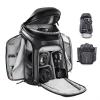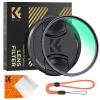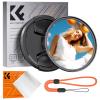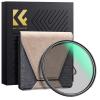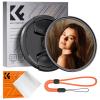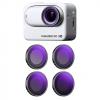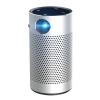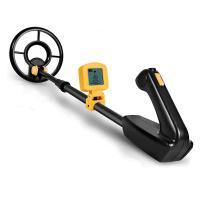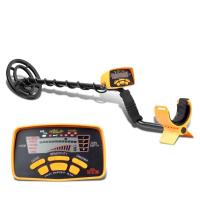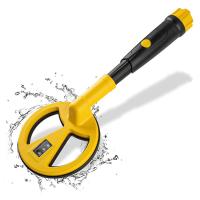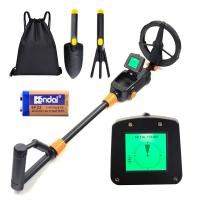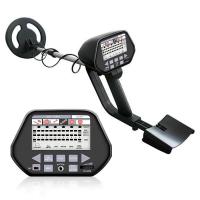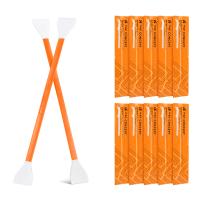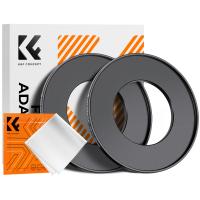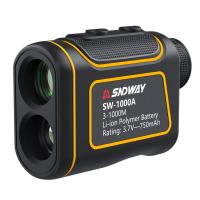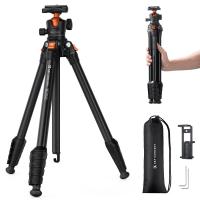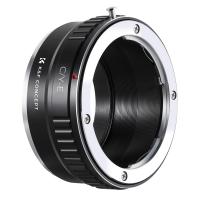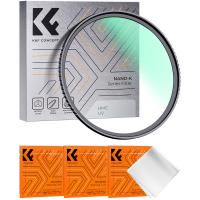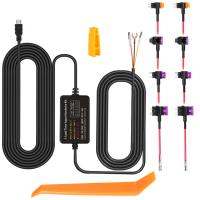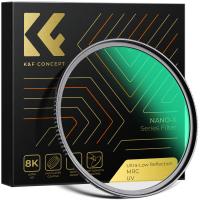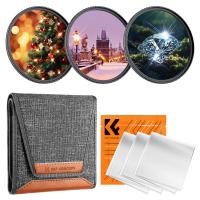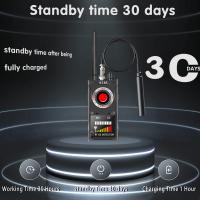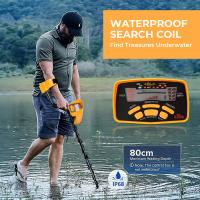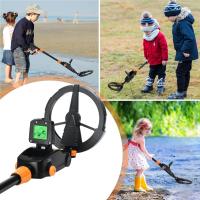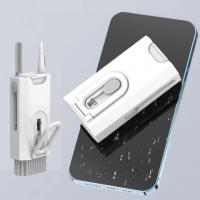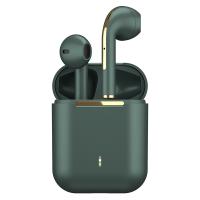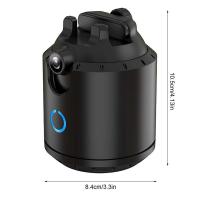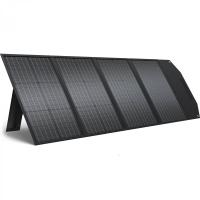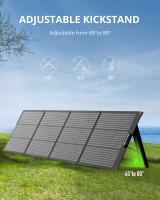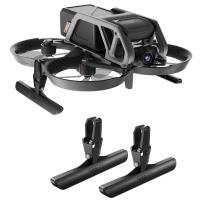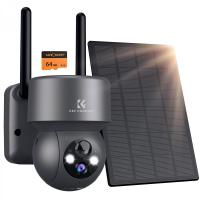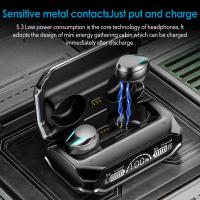Can Aluminum Be Detected By Metal Detector?
Metal detectors are widely used tools in various fields, from security and archaeology to hobbyist treasure hunting. One common question that arises is whether aluminum can be detected by metal detectors. This article aims to provide a comprehensive understanding of how metal detectors work, the principles behind their operation, and specifically address the detection of aluminum.
Understanding Metal Detectors
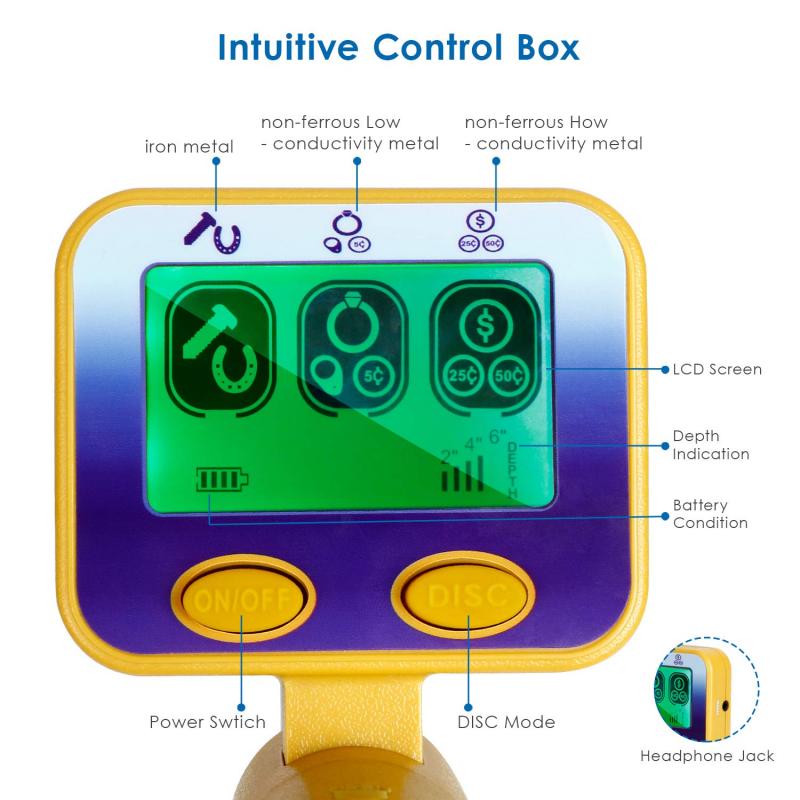
Metal detectors operate based on the principles of electromagnetism. They typically consist of a coil of wire through which an electric current is passed, creating a magnetic field. When this magnetic field encounters a metallic object, it induces an electric current in the object. This, in turn, generates its own magnetic field, which is detected by the metal detector's receiver coil. The device then signals the presence of metal to the user, usually through an audible alert or a visual indicator.
Types of Metal Detectors

There are several types of metal detectors, each designed for specific applications:
1. Very Low Frequency (VLF) Detectors: These are the most common type of metal detectors. They use two coils – a transmitter coil and a receiver coil. VLF detectors are highly sensitive to different types of metals and can distinguish between them based on their conductivity and phase shift.
2. Pulse Induction (PI) Detectors: These detectors use a single coil to send out pulses of current and then measure the reflected pulses from metallic objects. PI detectors are less affected by ground mineralization and are often used in areas with high mineral content, such as beaches.
3. Beat Frequency Oscillation (BFO) Detectors: These are simpler and less expensive detectors. They use two oscillators, one in the search coil and one in the control box. When a metal object is detected, the frequency of the oscillator in the search coil changes, creating a beat frequency that is heard as a tone.
Detecting Aluminum
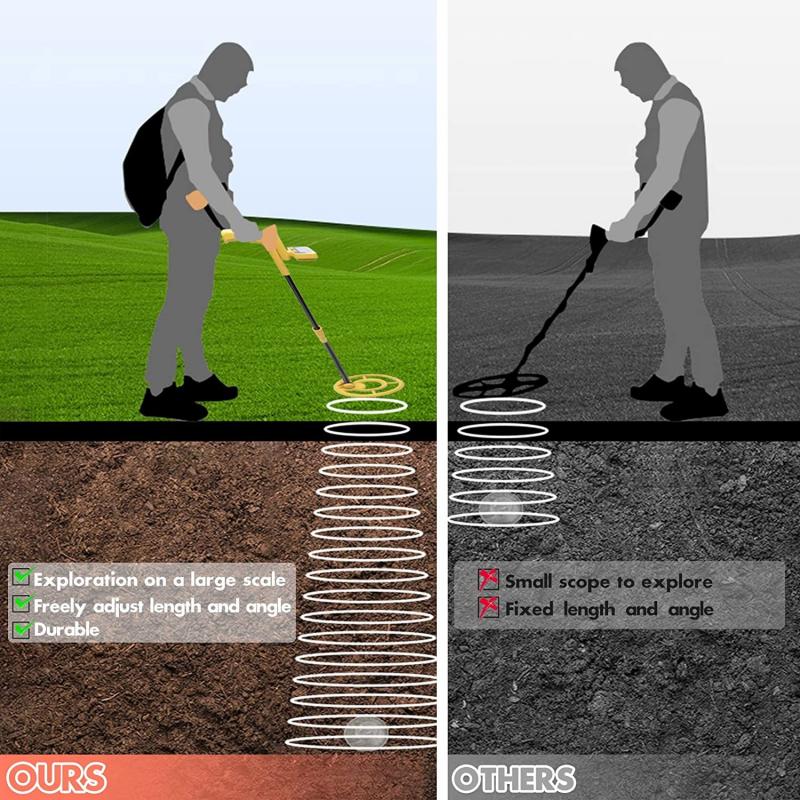
Aluminum is a non-ferrous metal, meaning it does not contain iron and is not magnetic. However, it is still a good conductor of electricity, which makes it detectable by metal detectors. The ability of a metal detector to detect aluminum depends on several factors:
1. Type of Metal Detector: VLF detectors are generally more effective at detecting aluminum because they can distinguish between different types of metals based on their conductivity. PI detectors can also detect aluminum, but they are less capable of distinguishing it from other non-ferrous metals.
2. Size and Shape of the Aluminum Object: Larger and more solid pieces of aluminum are easier to detect than smaller or thinner pieces. For example, an aluminum can is more likely to be detected than a small piece of aluminum foil.
3. Depth of the Object: The depth at which an aluminum object is buried affects its detectability. Most metal detectors have a limited depth range, and the deeper the object, the harder it is to detect. VLF detectors typically have a better depth range for detecting non-ferrous metals like aluminum.
4. Ground Conditions: The mineral content of the soil can affect the performance of a metal detector. High mineralization can cause false signals or mask the presence of aluminum objects. PI detectors are generally better at handling mineralized ground conditions.
Practical Applications
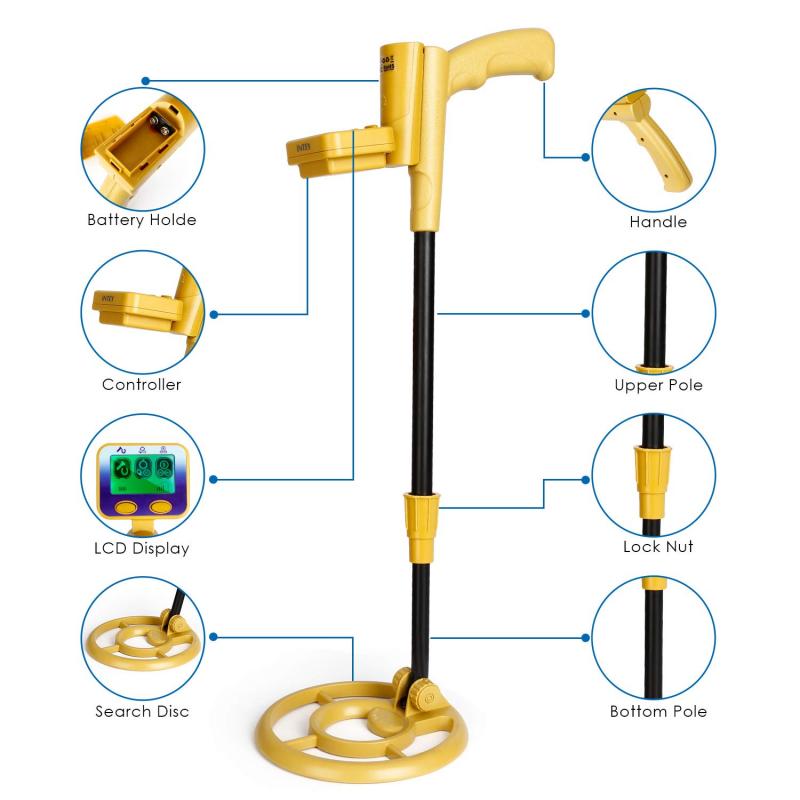
Understanding the ability of metal detectors to detect aluminum has practical implications in various fields:
1. Security: In security applications, metal detectors are used to screen for weapons and other prohibited items. Aluminum objects, such as cans or foil, can be detected, which is important for ensuring comprehensive security checks.
2. Archaeology: Archaeologists use metal detectors to locate artifacts buried underground. Detecting aluminum can help identify modern contamination or recent artifacts, which can be important for distinguishing between historical and contemporary items.
3. Treasure Hunting: Hobbyists often use metal detectors to search for valuable items. Knowing that aluminum can be detected helps treasure hunters understand the range of objects they might find, from aluminum coins to discarded cans.
4. Recycling: Metal detectors are used in recycling facilities to sort different types of metals. Detecting aluminum is crucial for separating it from other materials, ensuring efficient recycling processes.
Tips for Detecting Aluminum
For those using metal detectors with the specific goal of finding aluminum objects, here are some tips to improve your success rate:
1. Adjust Sensitivity Settings: Most metal detectors allow you to adjust the sensitivity. Increasing the sensitivity can help detect smaller or deeper aluminum objects, but be cautious of false signals from ground mineralization.
2. Use Discrimination Features: Many VLF detectors have discrimination features that allow you to filter out unwanted metals. By setting the detector to ignore ferrous metals, you can focus on detecting non-ferrous metals like aluminum.
3. Practice with Known Objects: Familiarize yourself with how your metal detector responds to aluminum by testing it with known aluminum objects. This will help you recognize the signals associated with aluminum when you are out in the field.
4. Consider Ground Conditions: Be aware of the mineral content of the soil in your search area. If you are in a highly mineralized area, consider using a PI detector or adjusting your VLF detector's ground balance settings to reduce interference.
In summary, aluminum can indeed be detected by metal detectors, particularly those that are designed to distinguish between different types of metals. The effectiveness of detecting aluminum depends on the type of metal detector, the size and shape of the aluminum object, the depth at which it is buried, and the ground conditions. By understanding these factors and adjusting your metal detector settings accordingly, you can improve your chances of successfully detecting aluminum objects. Whether you are using a metal detector for security, archaeology, treasure hunting, or recycling, knowing how to detect aluminum can enhance your efforts and lead to more successful outcomes.

